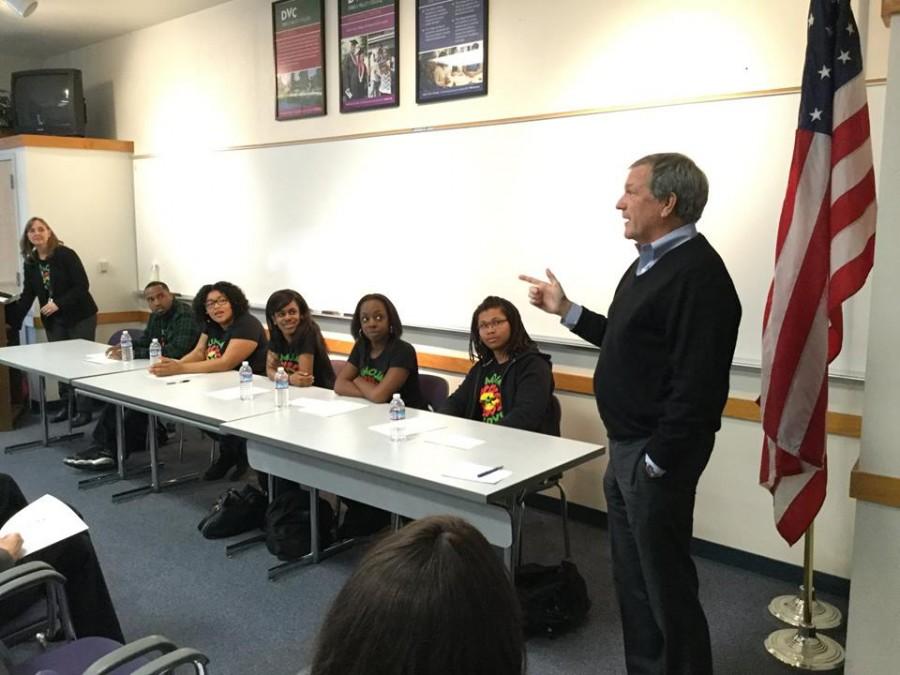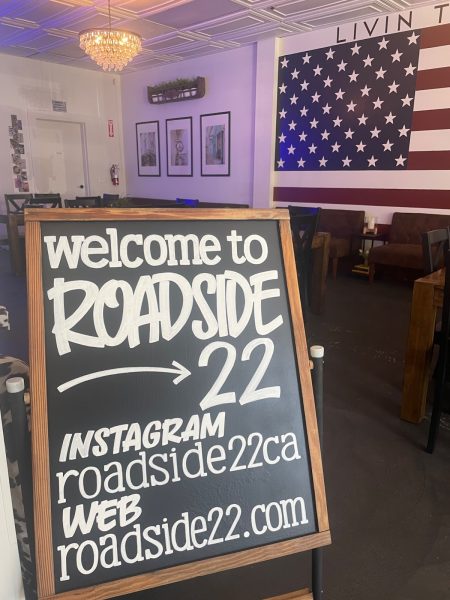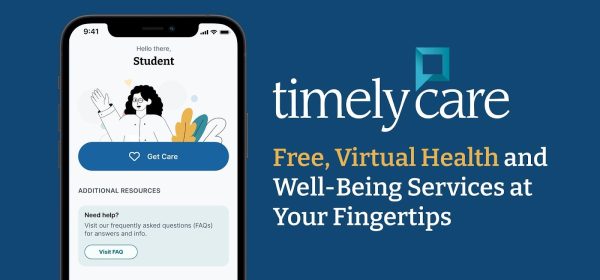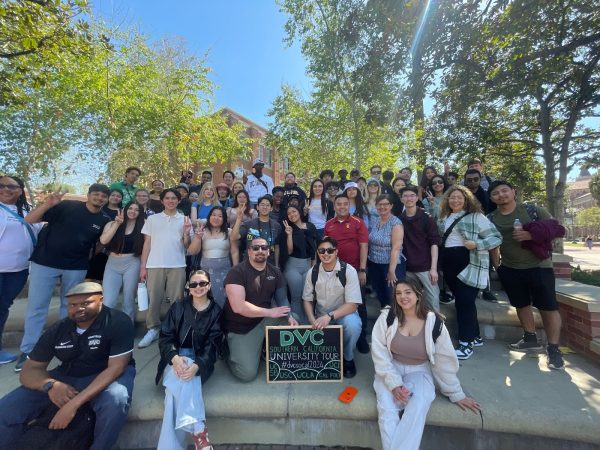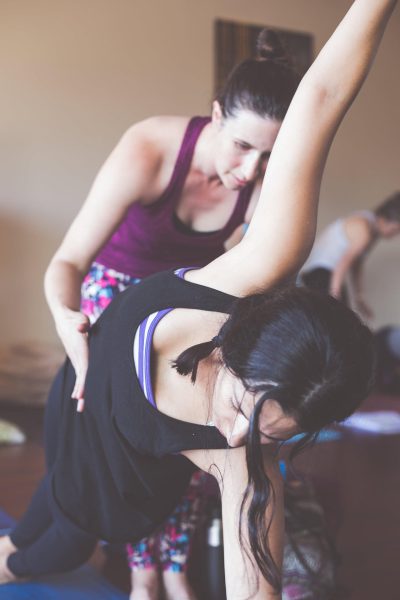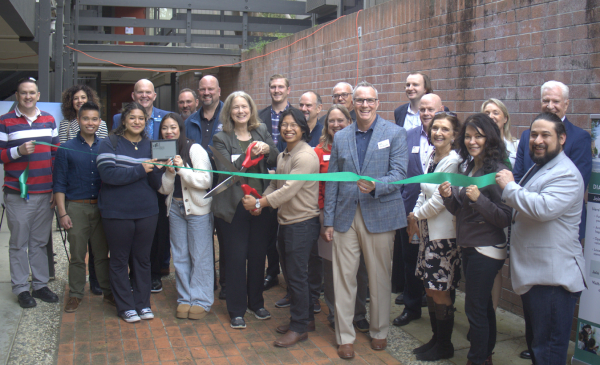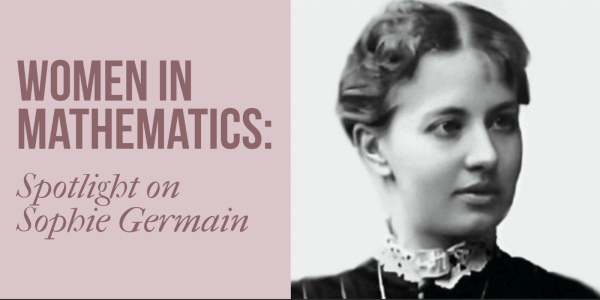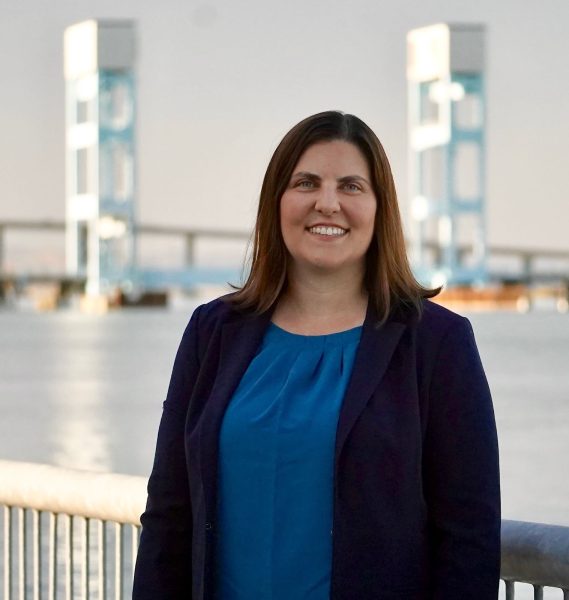Umoja panel addresses racial bias
February 22, 2016
Umoja, a campus-based community of educators and learners committed to the academic success, personal growth and self-actualization of African American and other students, spoke out about racial biases, continued social segregation, and negative media attention in a Brown Bag workshop held in the Diablo Valley College Student Union Feb. 18.
Yvonne Canada, Umoja Counselor and Coordinator, had several questions that were created by students over the past couple of years to ask Umoja students.
The first question was on how media images and messages portray African Americans and how it impacts their life.
“The media images you see every day, whether it’s rap music videos or just newspapers, you’re just constantly flooded with it. Being a black student, at least, you get to see the portrayals of failure. Dropping out is an eventuality you kind of get use to,” said Nick Birago, Psychology major.
“The media images and messages about African Americans are negative, you’ll watch the news and you’ll see a crime committed by an African-American and people will look at me like I’ll do the same thing,” said Tierra Lynch, Business Administration major, “It’s hard to prove that I won’t do that and we have to work twice as hard. It sucks because we shouldn’t have to do that.”
“For me, it’s annoying and it’s an expectation for our people to fail. I will never get used to that because I know what my people are capable of and our history,” said Claunesha Williams, Sociology major. “When people learn that you don’t have to follow society, then things will be different.”
So how can people shift these socially biased images for African Americans?
“With social media. We really need to look at that because, not only will my employers look at my social media stuff, but people look at your accounts. Post how you want to be portrayed,” said Alaina Limbrick.
“We shouldn’t have to change, it’s not our responsibility. The image was brought upon us, they were given to us over the years. Expectations were forced upon us, the image is not going to be changed by us but by others,” said Birago.
Canada asked the students to share their thoughts on isolation for African Americans on a predominantly white campus.
“I’m taking three classes on campus, and most of my classes are filled with other races. The campus percentage is small for African Americans. I sit in the back to isolate myself, not because I can’t make friends with other races, but it’s that question of where people will treat me right,” said Williams.
“I’m not going to isolate myself just to please anyone because I am who I am. If you know what you want, then don’t settle for less,” said Lynch.
“I learned early that the higher you go in education, the less you’ll see of us. I always went to predominantly white schools, so isolation is normal for me. I never had the experience of being in a black community,” said Birago.
The panel’s final question was to provide their point of view on what Umoja is about.
“This program has helped me become a leader and I encourage people to join. It’s a positive experience and you gain so much knowledge,” said Lynch, “Umoja has events that can get you connections to further yourself and you’ll get a real college experience.”
For more information about the DVC Umoja program, contact [email protected]





































































